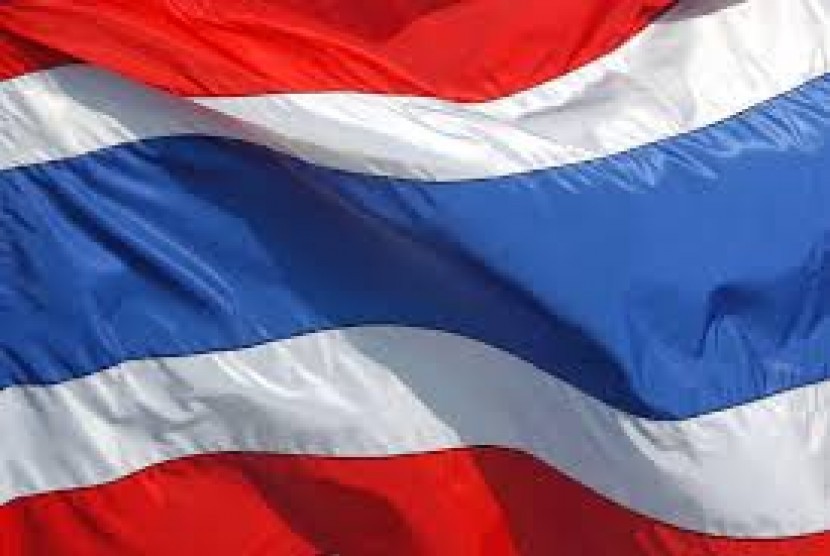REPUBLIKA.CO.ID, BANGKOK -- Thailand and Russia aim to double their annual bilateral trade to $10 billion next year, Thai junta chief Prayut Chan-O-Cha said Wednesday, after agreeing to cooperate on sectors from energy to tourism with visiting Russian premier Dmitry Medvedev.
The two premiers met in Bangkok as Prayut, a former army chief, seeks to widen alliances amid tensions with Western nations over his coup in May last year and the kingdom's deteriorating human rights situation.
For its part, Moscow has been buffeted by an economic slump deepened by sanctions imposed on Russia by the European Union and United States last year over its backing of separatist rebels in eastern Ukraine.
The leaders oversaw the signing of a series of agreements to deepen Thai and Russian cooperation over the economy, infrastructure, energy, the war on drugs, tourism and culture in the first visit to Thailand by a Russian prime minister for 25 years.
"Thailand and Russia have agreed to increase bilateral trade from $5 billion to $10 billion by next year," said Prayut, who was installed as premier shortly after last May's coup, in front of an audience of more than 200 officials and reporters in Government House.
"We have asked the Russian prime minister to consider importing rubber and other agricultural products, food, rice, frozen pork and fresh fruit," he said, adding the countries would "continue cooperation on energy".
The emphasis on food exports follows Moscow's embargo on many Western food products in retaliation for sanctions.
The Thai junta chief also reassured his Russian counterpart that the kingdom was "a safe place" for tourists.
Medvedev said that he had discussed security issues with the Thai premier, adding: "Thailand is the favourite holiday destination for many of our citizens. Last year 1.6 million Russians visited Thailand."
Last Wednesday the Thai junta lifted martial law in the kingdom, 10 months after the army takeover, following pressure to rescind the legislation from western allies, business and the tourism industry, which usually accounts for around 10 percent of GDP.
But Prayut immediately replaced the controversial law with new powers retaining sweeping security measures for the ruling generals in a move sparking widespread criticism from the international community.
Medvedev arrived in Bangkok late Tuesday after a two-day visit to Vietnam to spur trade.


